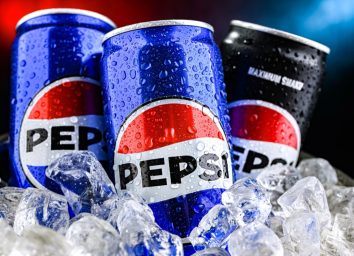How Long Does Wine Last After It's Opened? Plus, How to Tell If It's Gone Bad
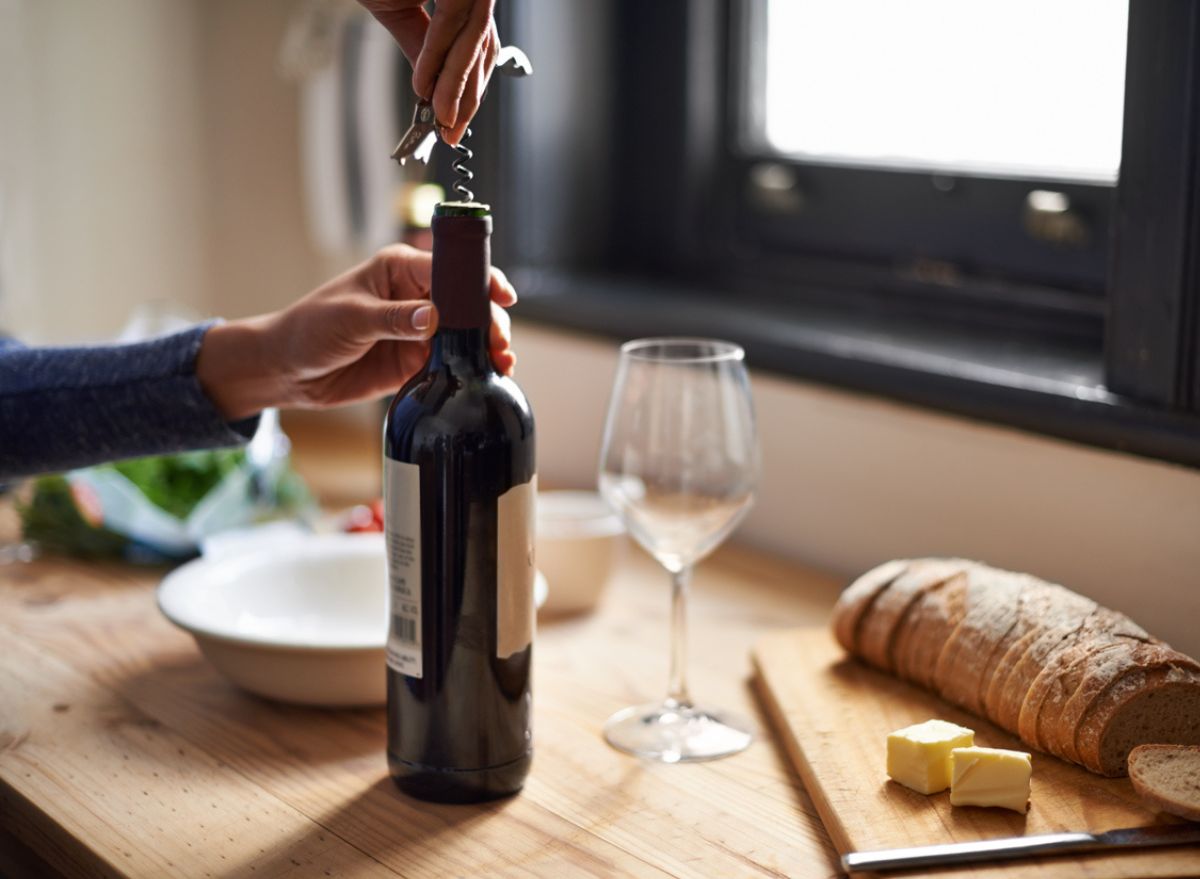
Most wine lovers out there have probably had to endure the dreadful moment of opening up a bottle of wine, putting the cork back in to save the rest for later, and returning to it a few days later only to find that it has completely gone bad. This is not only frustrating for your taste buds as they were awaiting a rich glass of pinot noir or a crisp few ounces of chardonnay, but it can feel like a blow to your wallet, as wasting wine is never ideal. But in order to avoid this dreadful moment, we have to know how long wine can last after opening.
When a bottle of wine remains unopened, it can last much longer than you may think. This is why you may have friends that have kept bottles around for 30+ years.
"When you store a wine correctly, many wines can age for decades, and the easiest way to ensure proper storage is to purchase a wine fridge," says Natalie Tapken of Bluepoint Hospitality and recipient of three Wine Spectator Awards. "That's because heat is an enemy to wine, and ideally wine should be kept around 55 degrees for optimal storage. Anything above 70 degrees can 'cook' the wine and accelerate the aging process."
Although wine can last for decades unopened, its lifespan drastically changes the moment the cork pops off and oxygen enters the scene. Read on to learn more from wine experts and sommeliers about how long wine lasts after opening, as well as a few tips on how to make it last longer once it's opened. Then, make sure to check out the Secret Side Effects of Drinking Wine.
How long does wine last after it's opened?
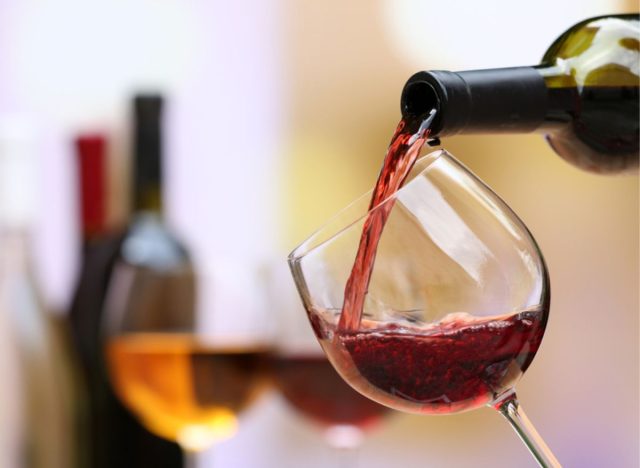
Once you open your bottle of wine, its propensity to stay fresh is more questionable than you might assume.
"Oxygen is wine's enemy," says Dr. John McTavish, Ph.D. C.S.W, wine expert and sommelier. "The more time that wine is exposed to oxygen after the bottle is opened, the faster it will lose its fruity aromas and flavors and start to go bad." He adds, "Think of leaving a piece of freshly cut apple on your countertop. As it sits there exposed to oxygen, it starts to turn brown and oxidize." This oxidation effect is similar to what happens to wine once it's opened.
Of course if you finish the bottle as soon as it's opened, you don't have to worry about how long it will last. However, this isn't always the case. If you opened a bottle and just enjoyed a glass (or two), and are now wondering how long the rest will stay fresh, the answer will depend on what type of wine it is, and how much is left in the bottle.
After they're opened, "wines with sugar will last a bit longer," says Tapken. "For instance, a dessert wine can last a week, and a port can sometimes last two to three weeks." She adds, "A sparkling wine is best consumed the same, day but a great stopper can preserve a sparkling wine one to two days. A lighter white, with higher acidity levels, can last up to five days, and a typical white or red wine should be consumed in three days."
Another thing to consider is how much wine you have leftover along with "how big or small is the oxygen to wine ratio left inside the bottle," says Dr. McTavish. "For example, if you serve one five-ounce glass of wine from a standard 25-ounce bottle and replace the cork, there will be more wine than oxygen in the bottle, which could last for five to seven days and still taste good. But, if you serve four five-ounce glasses of wine from a 25-ounce bottle, that only leaves five ounces of wine remaining in the bottle, and 20 ounces of oxygen, so the remaining wine may go bad much sooner."
How to tell if your wine has gone bad
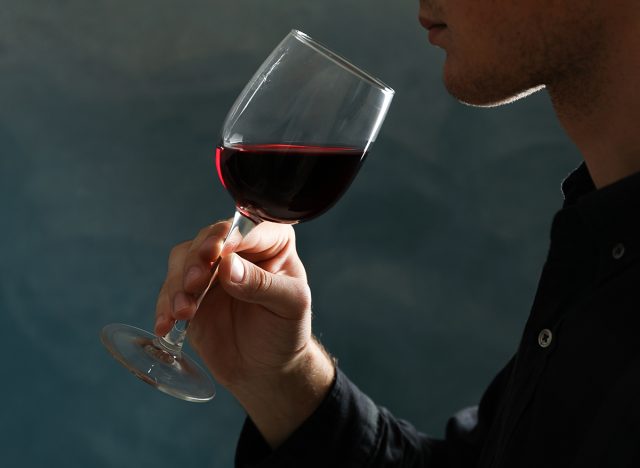
Even though you have a baseline for knowing how long your favorite wine may last after opening, it might be helpful to know the telltale signs that the wine has gone bad. These signs also depend on what type of wine it is.
"Once a sparkling wine bottle has been opened, it will start to lose its carbonation and flavor within a few hours. It's best to consume the entire bottle the same day it's opened," says Bash Hovian, owner of BASH the Bartender. "If you must store it, use a sparkling wine stopper to help preserve some of the bubbles, and look for signs such as a vinegar-like smell, a brownish color, or a sour/musty taste." On the other hand, when it comes to a still wine, "the presence of bubbles or fizz can also indicate that the wine has gone bad, so when in doubt, it's better to err on the side of caution and discard the wine if it smells or tastes off," says Hovian.
When it comes to a red wine, "the signs include oxidation, loss of fruit characteristics, and softer tannins," says Sara Fowler, winemaker at Napa's PEJU Winery. "Simply put, it won't taste as good!"
Tips for making your wine last longer once it's opened
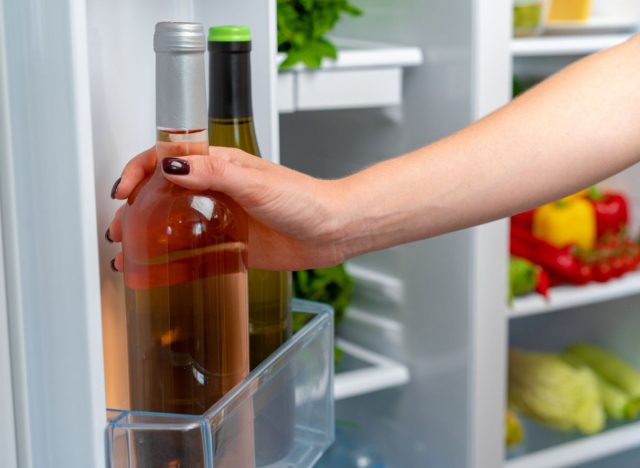
If you live on your own, don't drink a lot of wine, or are just trying to stick to one glass per night, you may be wondering how you can extend the life of your favorite bottle of wine.
Fowler suggests "placing opened wine in the fridge, storing in a smaller vessel, and sealing well."
Tapken also adds that she "sometimes puts red in the refrigerator because you can get an extra day out of them. Just take the red wine out of the fridge an hour or so before drinking it to get the temperature you prefer."



